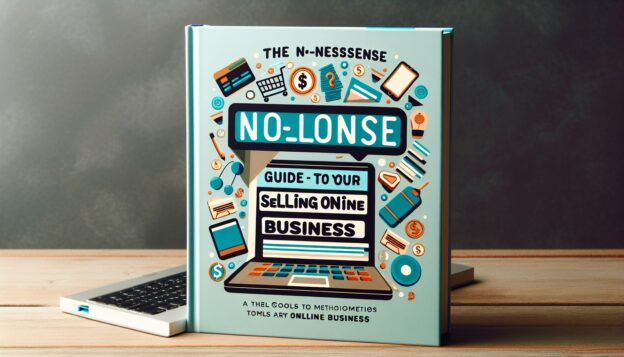In today’s fast-paced business environment, many entrepreneurs are seizing the opportunity to “flip” businesses for profit. Flipping a business involves buying a struggling or undervalued company, making strategic changes to increase its value, and then selling it for a profit. This practice can be an excellent way for young entrepreneurs to start and grow their business portfolios. In this article, we will explore the ins and outs of flipping businesses and provide tips on how to sell your business successfully.
Understanding the Basics of Business Flipping
Flipping a business requires a keen eye for opportunity and a solid understanding of the market. Before diving into the world of business flipping, young entrepreneurs should first familiarize themselves with the basics of entrepreneurship and business management. It is essential to have a clear vision of the type of business you want to flip and the industry in which it operates.
Once you have identified a potential business to flip, it is crucial to conduct thorough due diligence. This includes analyzing the company’s financials, market position, and potential for growth. It is also essential to assess the competition and identify ways to differentiate the business and add value.
Making Strategic Changes
After acquiring a business, the next step in the flipping process is to make strategic changes to increase its value. This may involve revamping the company’s branding and marketing strategies, streamlining operations to reduce costs, or introducing new products or services to attract more customers. It is crucial to have a clear plan in place and to execute it efficiently to maximize the business’s potential.
When making strategic changes, young entrepreneurs should be mindful of the company’s existing strengths and weaknesses. It is essential to leverage the business’s unique selling points and address any areas of improvement to enhance its overall value. By focusing on improving the business’s performance and market position, entrepreneurs can increase its attractiveness to potential buyers.
Tips for Selling Your Business
When it comes time to sell your flipped business, proper preparation is key. Young entrepreneurs should ensure that the business is in optimal condition and that all financial and operational documentation is in order. It is also essential to have a clear understanding of the business’s value and to set a realistic asking price based on market trends and industry standards.
To attract potential buyers, young entrepreneurs should create a compelling sales pitch highlighting the business’s key selling points and potential for growth. Utilizing marketing and networking strategies can help reach a broader audience of potential buyers and increase the chances of a successful sale. It is crucial to be transparent and forthcoming with potential buyers to build trust and facilitate a smooth transaction process.
In conclusion, flipping businesses can be a lucrative venture for young entrepreneurs looking to build their business portfolios. By understanding the basics of business flipping, making strategic changes to increase a business’s value, and following tips for selling your business, entrepreneurs can maximize their chances of success in the business flipping world. With careful planning and execution, young entrepreneurs can turn a struggling or undervalued business into a profitable venture and achieve their entrepreneurial goals.









